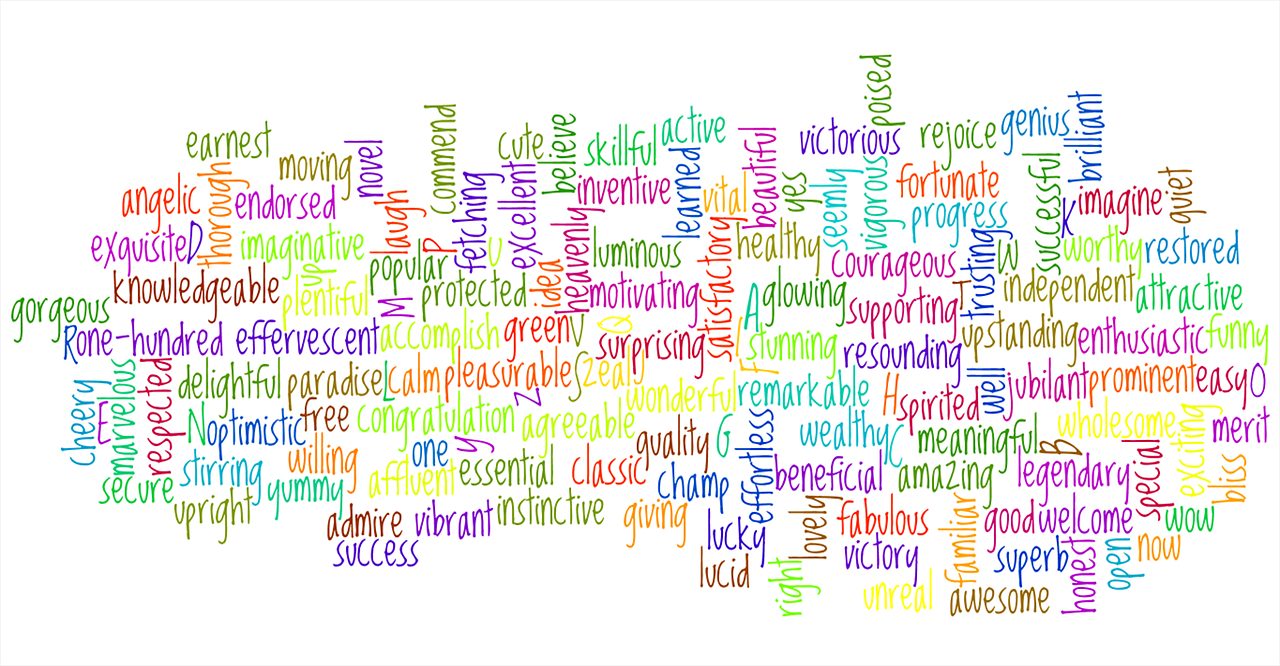
What is Aphasia
Aphasia (ah-FA-ze-ah) is a language disorder that affects the ability to communicate. “Aphasia” is a general term used to refer to deficits in language functions, such as speaking, understanding what others are saying, and naming common objects.
What Causes Aphasia
Aphasia is most often caused by a stroke that affects the left part of the brain, which controls the speech and language center of the brain. (See figure.)
In a stroke, a clogged or burst artery in the brain disrupts blood flow. If the speech and language center of the brain gets damaged, the result is aphasia. More extensive damage typically leads to vascular dementia.
Aphasia can also be caused by diseases such as frontotemporal dementia (FTD, for short). Aphasia is most pronounced in the type of FTD called Primary Progressive Aphasia (PPA).
What are the Characteristics of Aphasia?
Aphasia from Stroke or Mini-Strokes
Aphasia does not affect intelligence. In cases where the aphasia is not mixed with other symptoms, patients remain mentally alert, even though their speech may be jumbled, fragmented or impossible to understand. When caused by a stroke, the aphasia may improve, or patients may continue to have:
- Trouble speaking, like “getting the words out”
- Trouble finding words
- Problems understanding what others say
- Problems with reading, writing or math
- Inability to process long words and infrequently used words
Progressive Aphasia
Progressive aphasia is a type of aphasia that will progress and continue to get worse. It is generally caused by a disease called “frontotemporal dementia.” It may begin in people as early as their forties. One or more language abilities may become impaired. Symptoms often begin gradually and progress slowly over a period of years. As the disease progresses, memory and attention may also be impaired and patients may show personality and behavior changes. Many, but not all, people with progressive aphasia eventually develop additional symptoms of dementia.
There are two subcategories of Progressive Aphasia.
1. Primary progressive aphasia (PPA) is described as “Non-fluent Aphasia,” because the patient loses fluency in their speech. It is particularly characterized by:
- Hesitant speech
- A decrease in talking
- Difficulty understanding complex sentences
Keep in mind that they lose their ability to speak, but not their comprehension.
2. Semantic Dementia is described as “Fluent Aphasia.” It is characterized by:
- The person can get out the volume of words with fluent speech
- Difficulty with word meaning and naming familiar or objects
- Talk around what they are trying to tell you
These patients have few behavioral symptoms or functional deficits in the early stages.
Understanding the Behavior of People with Aphasia
People with aphasia are often frustrated and confused because they can’t speak as well or understand things the way they did before their stroke. They may act differently because of changes in their brain.
Imagine looking at the headlines of the morning newspaper and not being able to recognize the words or trying to say “put the car in the garage” and it comes out “put the train in the house” or “widdle tee car ung sender plissen.” Thousands of alert, intelligent men and women are suddenly plunged into a world of jumbled communication because of aphasia.
What are the Forms of Aphasia?
There are several forms of aphasia. They include:
- Global aphasia — People with this type of aphasia may be completely unable to speak, name objects, repeat phrases or follow commands.
- Broca’s aphasia — The person knows what they want to say, but can’t find the right words (can’t get the words out).
- Wernicke’s aphasia — A person with this aphasia can seldom understand what’s being said or control what they’re saying.
Questions for your Doctor or Nurse
Take a few minutes to write your own questions for the next time you see your healthcare provider:
- How long will I need therapy?
- Will my aphasia go away?
- How can I find a stroke or aphasia support group?
Care Tips
How can family, friends and caregivers help?
A person with aphasia and family members will need the help and support of a doctor, counselor and speech pathologist. It’s a good idea for family and friends to:
- Be open about the problem so people can understand.
- Always assume that the person with aphasia is listening and understanding. Check understanding with yes/no questions.
- Set up a daily routine for the person with aphasia that includes rest and time to practice skills.
- Use sentences that are short and to the point.
- Keep the noise level down and stand where the person with aphasia can see you.
- Remember to treat the patient as an adult and let him or her share in decision-making. No one likes to be ignored. Include the patient in your conversation.
- Help the person with aphasia cope with feelings of frustration and depression.
- Be patient with the person with aphasia. Give them the time they need to try to speak and get their point across to you. This respects their dignity.
- Talk to your doctor, nurse or other healthcare professionals.
The post Aphasia in Dementia: Word Jumbles appeared first on Alzheimer's & Dementia Weekly.
Disclaimer: This story is auto-aggregated by a computer program and has not been created or edited by healthlydays.
Publisher: Source link











